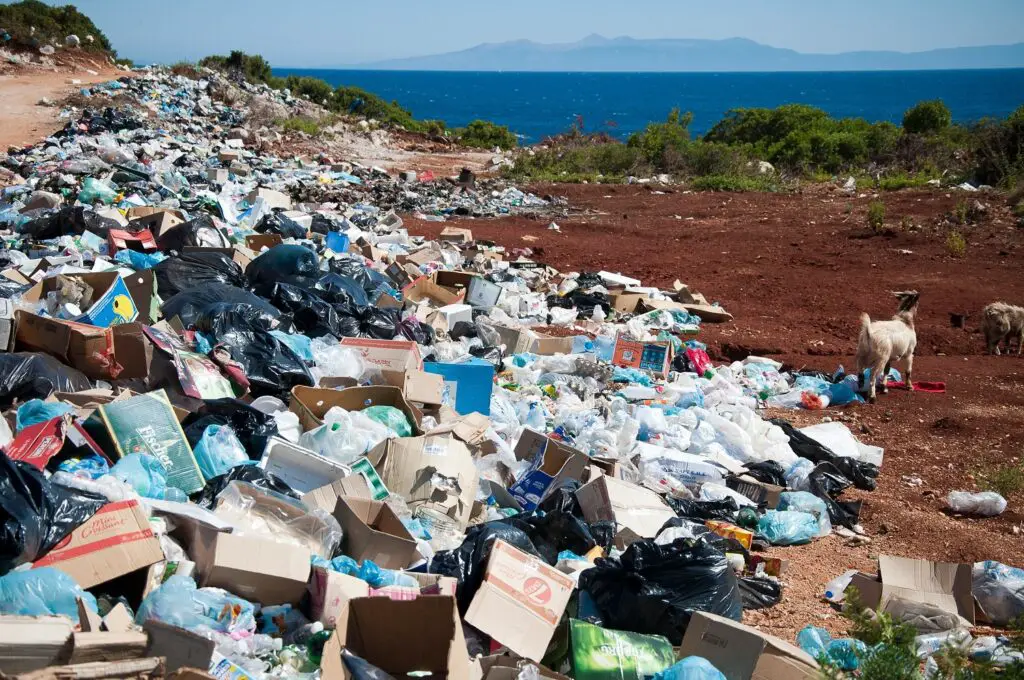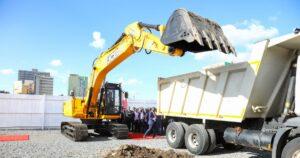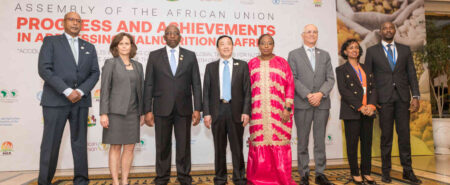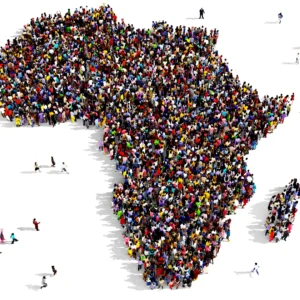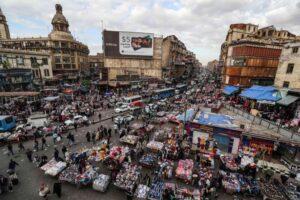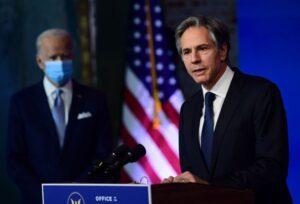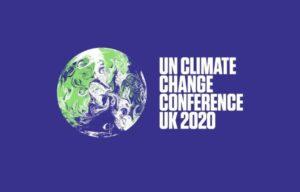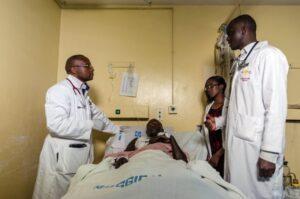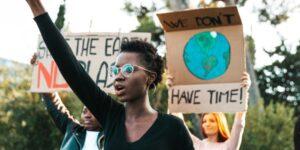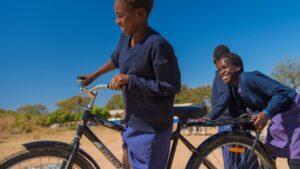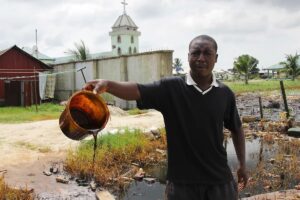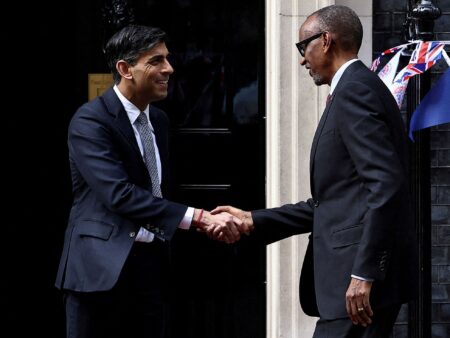- AmCham Summit kicks off, setting course for robust future of US-East Africa trade ties
- Why the UN is raising the red flag on the UK-Rwanda asylum treaty
- Portugal’s Galp Energia projects 10 billion barrels in Namibia’s new oil find
- Wärtsilä Energy offers tips on how Africa can navigate energy transition and grid reliability
- Powering Africa: Africa’s Path to Universal Electricity Access
- Global investment trends at AIM Congress 2024: a spotlight on the keynote speakers
- South Africa’s deepening investment ties in South Sudan oil industry
- Agribusiness could drive Africa’s economic prosperity
Africa’s Development
- Leaders are meeting in Nairobi for the Eastern Africa ‘Waste is Wealth’ conference.
- The inaugural Waste is Wealth Series is organised by Taka Ni Mali, East African Business Council, and Alliance for Science.
- The three-day conference is themed: Promoting Effective Waste Management Practices for Environmental Conservation and Climate Change Mitigation.
The concept of a circular economy is fast gaining momentum in East Africa with both the private sector and government’s stuck on the drawing board shaping policies and regulations to help realise the shift.
World business leaders, policy makers, academics and NGOs have argued that a move towards a more circular economy is necessary to help solve global environmental and economic challenges.
Moving towards a more circular economy could increase competitiveness, and stimulate innovation. It will also boost economic growth and create jobs across economies.
Waste is Wealth
It is against this background that leaders are meeting in Nairobi for …
- Project Management Institute’s recent Talent Gap report shows 2.3 million people will be needed each year to fill all project management-oriented (PMO) positions that are expected to open by 2030.
- To remain competitive, companies will need to hire problem solvers and relationship builders who can help drive change and deliver strategic value.
- During this decade, sub-Saharan Africa will witness a 40 percent growth in PMO employment opportunities.
African economies could be headed to a severe shortage of skilled project managers to implement critical infrastructure investments across the continent.
According to Project Management Institute’s most recent Talent Gap report, 2.3 million people will be needed each year to fill all project management-oriented (PMO) positions expected to open by 2030.
To remain competitive, companies will need to hire problem solvers and relationship builders who can help drive change and deliver strategic value.
During this decade, sub-Saharan Africa will witness a 40 percent …
- Vodafone Group developed a business tailor-made to deal with Africa’s rising digital economy
- Etisalat, Vodafone’s largest shareholder, is currently exploring options for investment in Vodacom Africa.
- A decision to divest assets in a specific market or sell a stake in Vodacom Africa to fund new projects is also on the table
Vodafone Group is mulling strategies of extracting more value from its 65% stake in Vodacom Africa. According to Bloomberg, the telco is working with several advisers to evaluate the various strategic options available including mergers and acquisitions. A decision to divest assets in a specific market or sell a stake in Vodacom Africa to fund new projects is also on the table With the recent decline in Vodacom Africa and its market value in Safaricom, the organization is considering other alternatives.
This new take is crucial given that Vodafone has acquired new interested investors. Liberty Global, Xavier Niel,…
Africa has for decades failed to provide improved trade mechanisms between African countries which has led to the current situation. The AfCFTA is supposed to remedy this.
And to be in good shape for trade under AfCFTA, countries have to ensure that they are willing to create value chains that will free the continent from the colonial trading system which has been in place for over 60 years and which has left the continent vulnerable.
With the potential benefits that the AfCFTA ha to offer Africa, the biggest trends that will drive growth on the continent include its population, technology and urbanisation among other factors.…
For the five years since 2002, Kenya registered its golden period in terms of economic growth. This was during President Mwai Kibaki’s first five-year term which ended in 2007. The Kenyan economy blossomed with the growth noticeable in both industry and tourism as well as in improved livelihoods.
At this time, the growth attracted the attention of the International Monetary Fund (IMF) and the World Bank because Kibaki’s government was not keen on funding from the Bretton Woods institutions. The government largely financed its budget from the revenues it collected which was unheard of in the previous regime. President Daniel Moi, Kibaki’s predecessor had deeply entrenched corruption in the country which wrecked the economy to almost collapse.
But today, the economy is worse than it was under Moi with the Jubilee government overseeing the worst job cuts, company closures and distressed livelihoods due to corruption. While the Covid-19 pandemic has …
China had been funding the development and exploitation of massive coal reserves in countries like Indonesia and Vietnam under an initiative called the Belt & Road but has come under pressure as the world tries to honour its Paris climate agreements.
This Belt & Road initiative is a strategy initiated by the People’s Republic of China that seeks to connect Asia with Africa and Europe via land and maritime networks with the aim of improving regional integration, increasing trade and stimulating economic growth.
To realize this vision required the use of natural resources which China does not have entirely but other nations do and would then secure supply of this through the development of resources such as coal mines in developing countries. The Chinese are reportedly developing a US$3 billion coal mine in the Hwange area of Zimbabwe.…
The report indicates that major cereal crops which are grown across Africa will be adversely impacted by the first half of this century.
In the worst case climate change scenario, West and Central Africa will register a reduction of yields by 13 per cent, 11 per cent in North Africa while East and Southern Africa will see an 8 per cent drop.
Millet and sorghum, which are not grown by majority of smallholder farmers who make up more than 70 per cent of the agricultural output in Africa, remain resilient and will only incur yield losses of just 5 per cent and 8 per cent respectively by 2050. Wheat and rice, which also happen to be staples, will be the most affected crops losing 12 per cent and 21 per cent respectively in yields by 2050. …
As part of the requirements under the Kenyan Act, the government additionally established an Integrated Monitoring Reporting and Verification (Integrated MRV) system and published Kenya’s National Climate Change Action Plan 2018-2022 (NCCAP). The five year plan requires the government to develop “action plans”, providing mechanisms to assist stakeholders in bringing about low-carbon climate-resilient development.
Angola boasts some of the most ambitious targets for transition to low carbon development in Africa, albeit having ratified the Paris Agreement in November 2020. Since then the country has launched a national development plan, established a climate observatory and implemented a continuous national emissions monitoring system.
In addition, Gambia is committed to reducing its GHG emissions unconditionally, by 2.4 per cent by 2025 having implemented the Sustainable Energy Action Plan in 2015, which sets out the country’s renewable energy targets and corresponding measures necessary for their achievement. It has also committed to terminating oil importation …
The world today is at a crossroads dealing with numerous crises including the decades-long climate crisis which has led to unprecedented biodiversity loss and rising inequalities among other challenges.
In 2019, the Covid-19 pandemic struck knocking everything off balance.
It is against this backdrop that the UN climate change conference (COP26) is taking place in Glasgow, Scotland.
As the world is resurging from the negative economic effects of the pandemic, the COP was a good place, and in good time, to help the world reset when it comes to matters climate change. One of the biggest casualties of the pandemic was transport which badly affected value chains as logistics became impossible.
Making non-motorised transport chic
Globally, transport is one of the biggest contributors to pollution. To address this challenge, the world has slowly been making positive steps towards making non-motorised transport chic in a bid to cut down …





